In today’s technologically advanced world, batteries play a crucial role in powering numerous devices. One common type of battery is the 9V battery, widely used in toys, smoke detectors, wireless microphones, and many other electronic devices. However, to ensure efficient and reliable power transfer, choosing the right cable for your 9V battery is essential. In this article, we will explore the features and factors to consider when selecting a cable. 1. Cable Durability and Quality: When it comes to choosing a cable for your 9V battery, durability is a key consideration. A high-quality cable will have robust connectors and insulation to withstand constant usage, bending, and exposure to various environmental conditions. Look for cables made from durable materials like reinforced rubber or PVC, as they offer better resistance against wear and tear.
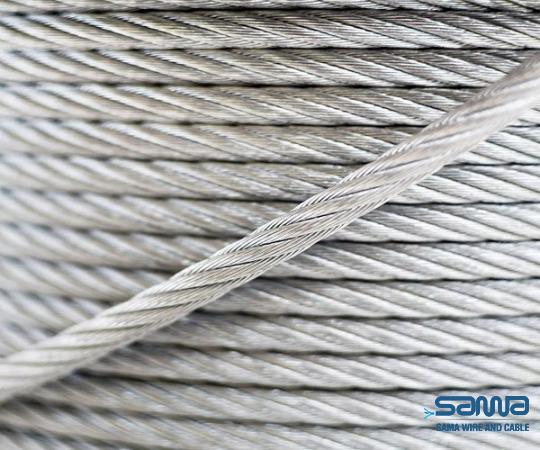
.
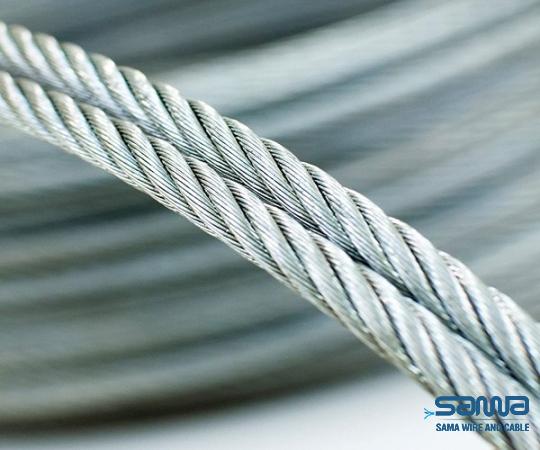 2. Connector Types and Compatibility: Different devices may have different connector types for 9V batteries. Ensure that the cable you choose is compatible with the connectors of your specific device. The most common connector types for 9V batteries include the snap-on (also known as T-connector) and barrel connector. It is essential to confirm the type of connector required for your device and ensure that the cable you choose is compatible. 3. Length and Flexibility: Consider the length and flexibility of the cable you need for your 9V battery. Longer cables provide more flexibility in terms of device placement, especially when the power source is not in close proximity. However, longer cables may result in power loss due to resistance, so consider the distance between your device and power source before selecting the cable length. 4. Gauge and Current Capacity: Gauge refers to the thickness of the cable’s conductive wire.
2. Connector Types and Compatibility: Different devices may have different connector types for 9V batteries. Ensure that the cable you choose is compatible with the connectors of your specific device. The most common connector types for 9V batteries include the snap-on (also known as T-connector) and barrel connector. It is essential to confirm the type of connector required for your device and ensure that the cable you choose is compatible. 3. Length and Flexibility: Consider the length and flexibility of the cable you need for your 9V battery. Longer cables provide more flexibility in terms of device placement, especially when the power source is not in close proximity. However, longer cables may result in power loss due to resistance, so consider the distance between your device and power source before selecting the cable length. 4. Gauge and Current Capacity: Gauge refers to the thickness of the cable’s conductive wire.
..
 Thicker wires have lower resistance and can handle higher currents without significant power loss. The gauge rating is often marked on the cable, with lower numbers indicating thicker wires. Ensure the cable’s gauge is sufficient to handle the amperage required by your device. This information can typically be found in the device’s user manual or specifications. 5. Safety Considerations: Safety should always be a priority when dealing with electricity. Opt for cables that have built-in safety features, such as surge protection or fire-resistant insulation.
Thicker wires have lower resistance and can handle higher currents without significant power loss. The gauge rating is often marked on the cable, with lower numbers indicating thicker wires. Ensure the cable’s gauge is sufficient to handle the amperage required by your device. This information can typically be found in the device’s user manual or specifications. 5. Safety Considerations: Safety should always be a priority when dealing with electricity. Opt for cables that have built-in safety features, such as surge protection or fire-resistant insulation.
…
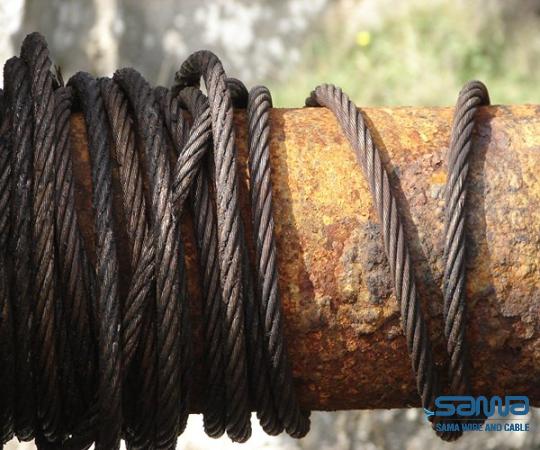 Additionally, ensure that the cable has proper insulation to prevent accidental electric shock or short-circuiting. 6. Price and Warranty: While cost is an important consideration, it should not be the sole determining factor. Consider the overall quality and durability of the cable, taking into account customer reviews and ratings. Additionally, check if the cable comes with a warranty to protect you against any manufacturing defects or premature failures. Conclusion: Selecting the right cable for your 9V battery is crucial to ensure optimal performance and safety of your electronic devices. When choosing a cable, prioritize durability, compatibility, length, gauge, safety features, and warranty. By considering these factors, you can make an informed decision and enjoy a reliable and efficient power supply for your 9V battery-operated devices.
Additionally, ensure that the cable has proper insulation to prevent accidental electric shock or short-circuiting. 6. Price and Warranty: While cost is an important consideration, it should not be the sole determining factor. Consider the overall quality and durability of the cable, taking into account customer reviews and ratings. Additionally, check if the cable comes with a warranty to protect you against any manufacturing defects or premature failures. Conclusion: Selecting the right cable for your 9V battery is crucial to ensure optimal performance and safety of your electronic devices. When choosing a cable, prioritize durability, compatibility, length, gauge, safety features, and warranty. By considering these factors, you can make an informed decision and enjoy a reliable and efficient power supply for your 9V battery-operated devices.
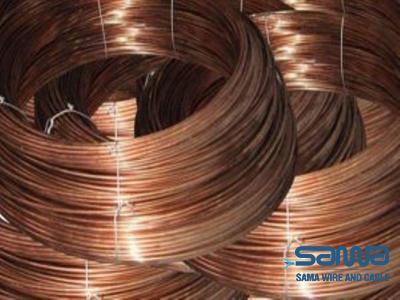
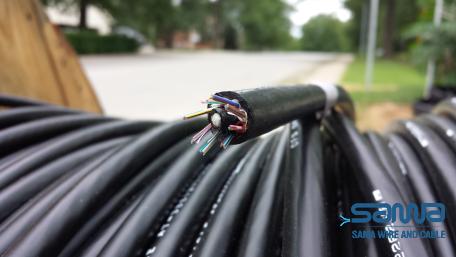
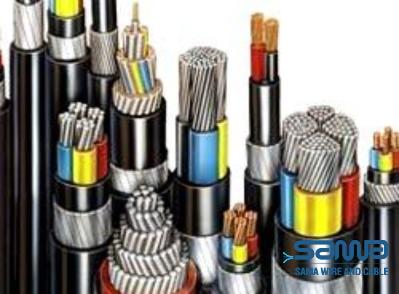

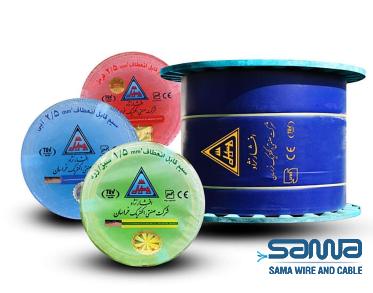
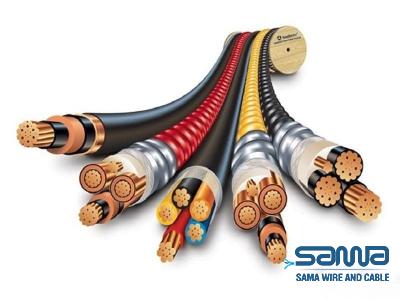
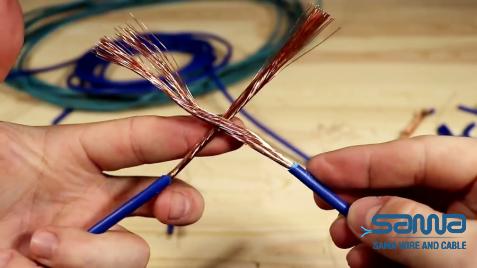
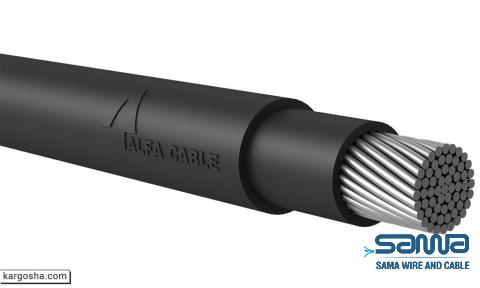
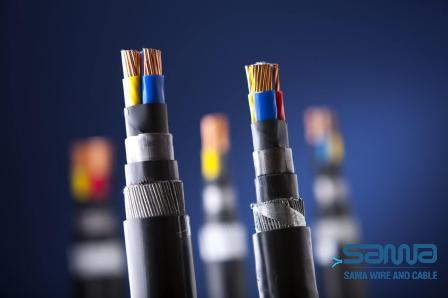
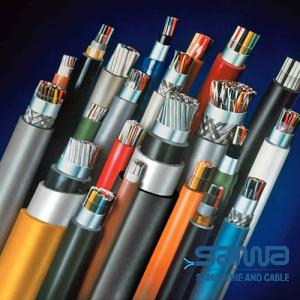
Your comment submitted.